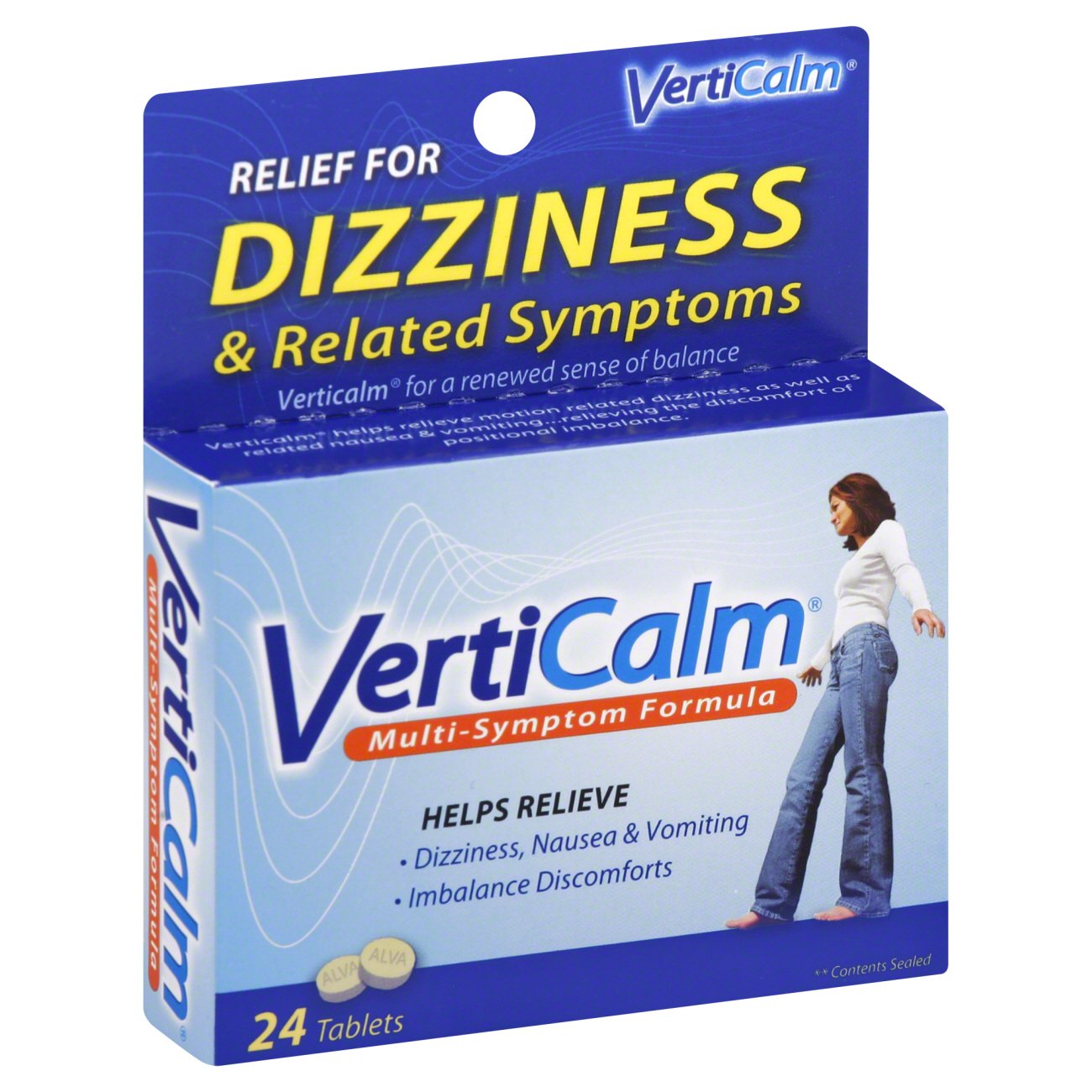What medication can you take for vertigo? This is a common question for those who experience this debilitating condition. Vertigo is a type of dizziness that can cause a spinning sensation, nausea, and vomiting. It can be caused by a variety of factors, including inner ear problems, head injuries, and certain medications.
If you are experiencing vertigo, it is important to see a doctor to determine the underlying cause. Once the cause has been identified, your doctor can recommend the best course of treatment. In some cases, medication may be prescribed to help relieve symptoms.
Types of Vertigo
Vertigo is a condition that causes a sensation of spinning or dizziness. It can be caused by a variety of underlying conditions, and the type of vertigo can help determine the cause.
Peripheral Vertigo
Peripheral vertigo is the most common type of vertigo. It is caused by a problem in the inner ear, which is responsible for balance. Conditions that can cause peripheral vertigo include:
- Benign paroxysmal positional vertigo (BPPV)
- Ménière’s disease
- Vestibular neuritis
- Acoustic neuroma
Central Vertigo
Central vertigo is less common than peripheral vertigo. It is caused by a problem in the brain, specifically in the cerebellum or brainstem. Conditions that can cause central vertigo include:
- Stroke
- Multiple sclerosis
- Brain tumor
- Migraine
Positional Vertigo
Positional vertigo is a type of peripheral vertigo that is caused by a change in head position. It is most commonly caused by BPPV, which is a condition in which small crystals in the inner ear become dislodged and move into the semicircular canals.
Medications for Vertigo

Medications can be effective in treating vertigo. Different classes of medications work by targeting different mechanisms involved in vertigo.
Common Vertigo Medications
The table below summarizes the names, dosages, and side effects of common vertigo medications:
| Medication | Dosage | Side Effects |
|---|---|---|
| Meclizine | 25-50 mg every 6-8 hours | Drowsiness, dry mouth, blurred vision |
| Prochlorperazine | 5-10 mg every 6-8 hours | Drowsiness, restlessness, nausea |
| Diazepam | 2-5 mg every 6-8 hours | Drowsiness, dizziness, impaired coordination |
| Betahistine | 8-16 mg three times a day | Headache, nausea, gastrointestinal upset |
| Flunarizine | 5-10 mg once a day | Drowsiness, fatigue, muscle weakness |
It’s important to note that the appropriate medication and dosage will vary depending on the individual and the underlying cause of vertigo. Consult a healthcare professional for personalized advice on medication selection and dosage.
Effectiveness of Vertigo Medications

Vertigo medications vary in their effectiveness, depending on the underlying cause of vertigo and the individual’s response to the medication. Clinical studies and research findings have demonstrated the efficacy of different medications in treating specific types of vertigo.
If you’re experiencing vertigo, there are several medications that can help relieve your symptoms. These medications work by reducing the activity of the inner ear, which is responsible for balance. For more information on inner ear dizziness treatment, click here . Some of the most common medications used to treat vertigo include meclizine, dimenhydrinate, and prochlorperazine.
These medications can be taken orally or by injection.
Clinical Studies on Vertigo Medications, What medication can you take for vertigo
Numerous clinical studies have evaluated the effectiveness of vertigo medications. For instance, a study published in the journal “Otolaryngology – Head and Neck Surgery” found that the medication meclizine was effective in reducing the severity of vertigo symptoms in patients with Meniere’s disease.
Another study, published in the journal “Neurology,” showed that the medication betahistine was effective in improving balance and reducing dizziness in patients with vestibular neuritis.
Factors Influencing Effectiveness
The effectiveness of vertigo medications can be influenced by several factors, including:
- Underlying cause of vertigo:Different types of vertigo respond differently to different medications.
- Individual response:Patients may respond differently to the same medication, depending on their individual physiology and metabolism.
- Dosage and timing:The dosage and timing of medication administration can affect its effectiveness.
- Concomitant medications:Other medications being taken by the patient can interact with vertigo medications and affect their effectiveness.
Non-Medication Treatments for Vertigo: What Medication Can You Take For Vertigo
Non-medication treatments for vertigo aim to improve balance and reduce symptoms without relying on medications. These treatments can include:
- Vestibular Rehabilitation Exercises:These exercises are designed to strengthen the vestibular system, improve balance, and reduce dizziness.
- Lifestyle Modifications:Certain lifestyle changes can help reduce vertigo symptoms, such as:
- Avoiding triggers that worsen symptoms
- Getting regular exercise
- Maintaining a healthy weight
- Managing stress
- Alternative Therapies:Some alternative therapies may provide relief from vertigo symptoms, including:
- Acupuncture
- Massage therapy
- Chiropractic care
Benefits and Limitations of Non-Medication Treatments:Non-medication treatments can be effective in reducing vertigo symptoms and improving balance. However, they may not be suitable for all individuals or may require consistent effort over time to see results. It’s important to consult with a healthcare professional to determine the best treatment approach for your specific condition.
When to Seek Medical Attention for Vertigo
Vertigo is a common condition that can cause dizziness, nausea, and vomiting. In most cases, vertigo is not serious and will resolve on its own within a few days. However, there are some cases where vertigo can be a sign of a more serious underlying condition.If
you experience any of the following symptoms or signs, it is important to seek medical attention immediately:
- Sudden onset of vertigo
- Vertigo that is accompanied by severe headache
- Vertigo that is accompanied by nausea and vomiting
- Vertigo that is accompanied by double vision
- Vertigo that is accompanied by difficulty speaking or swallowing
- Vertigo that is accompanied by weakness or numbness on one side of the body
These symptoms or signs may indicate a serious underlying condition, such as a stroke, brain tumor, or multiple sclerosis. If you experience any of these symptoms, it is important to seek medical attention immediately so that the underlying condition can be diagnosed and treated.
Last Point
There are a variety of medications that can be used to treat vertigo. The type of medication that is prescribed will depend on the underlying cause of your vertigo. Some common medications used to treat vertigo include antihistamines, sedatives, and anticholinergics.
If you are experiencing vertigo, it is important to talk to your doctor about the best course of treatment. With the right treatment, you can get relief from your symptoms and improve your quality of life.
